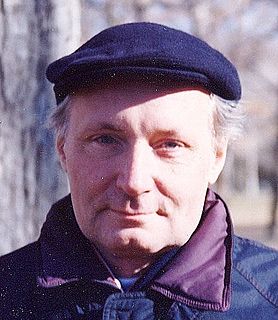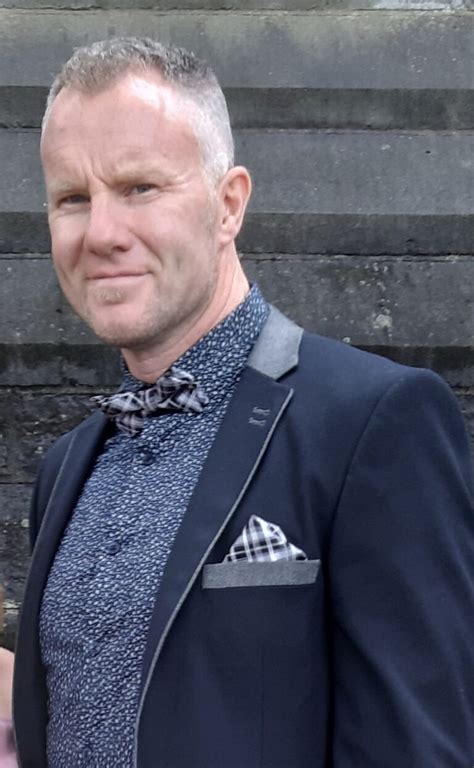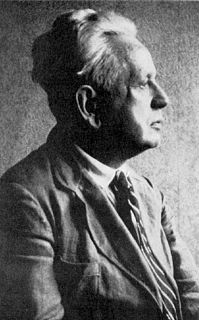A Quote by Chen-Ning Yang
The existence of symmetry laws is in full accordance with our daily experience. The simplest of these symmetries, the isotropy and homogeneity of space, are concepts that date back to the early history of human thought.
Related Quotes
Fundamentally, however, there is neither good nor evil; this is all based on human concepts. In the universe there exists neither good nor evil, because everything has been created in accordance with immutable laws. the divine principles are reflected in these laws, and only through knowing these laws will we be able to get close to the divine.
Mysticism is a rational enterprise. Religion is not. The mystic has recognized something about the nature of consciousness prior to thought, and this recognition is susceptible to rational discussion. The mystic has reasons for what he believes, and these reasons are empirical. The roiling mystery of the world can be analyzed with concepts (this is science), or it can be experienced free of concepts (this is myticism). Religion is nothing more than bad concepts held in place of good ones for all time. It is the denial-at once full of hope and full of fear-of the vastitude of human ignorance.
In the new alchemy, we have a similar kind of way of thinking. Our internal space includes our intuitions, our thoughts, our senses and our feelings, and from these we construct or build a picture of the outside world. From intuition and thought, we construct time. We also construct space from thought and our sensations. From our senses and our feelings, we experience energy, and from our intuitions and our feelings, we experience motion.
Human existence is girt round with mystery: the narrow region of our experience is a small island in the midst of a boundless sea. To add to the mystery, the domain of our earthly existence is not only an island of infinite space, but also in infinite time. The past and the future are alike shrouded from us: we neither know the origin of anything which is, nor its final destination.
Nature seems to take advantage of the simple mathematical representations of the symmetry laws. When one pauses to consider the elegance and the beautiful perfection of the mathematical reasoning involved and contrast it with the complex and far-reaching physical consequences, a deep sense of respect for the power of the symmetry laws never fails to develop.
Only those are called liberal or free which are concerned with knowledge; those which are concerned with utilitarian ends... are called servile...The question is... can man develop to the full as a functionary and a worker and nothing else; can a full human existence be contained within an exclusively workaday existence? Stated differently and translated back into our terms: is there such a thing as a liberal art?
In those early days of our relationship though, I always thought that she was so perfect that there had to be a catch. But there wasn't one. Five months and two days after our very first meeting, we were engaged and nine months after that we were married. And every day that I spent on this planet in the company of Ashling, I experienced the same sense of euphoria that I had tasted on our first date. I experienced something that in its simplest form can only be described as true love.
To ask about the 'source' of rights or morals assumes an erreous conclusion. To ask about the source of morals is to assume that such a source exists. As if it existed outside of human constructed systems. The 'source' is the human ability to learn from experience and to entrench rights in our laws and in our consciousness. Our rights come from our long history of wrongs.

































